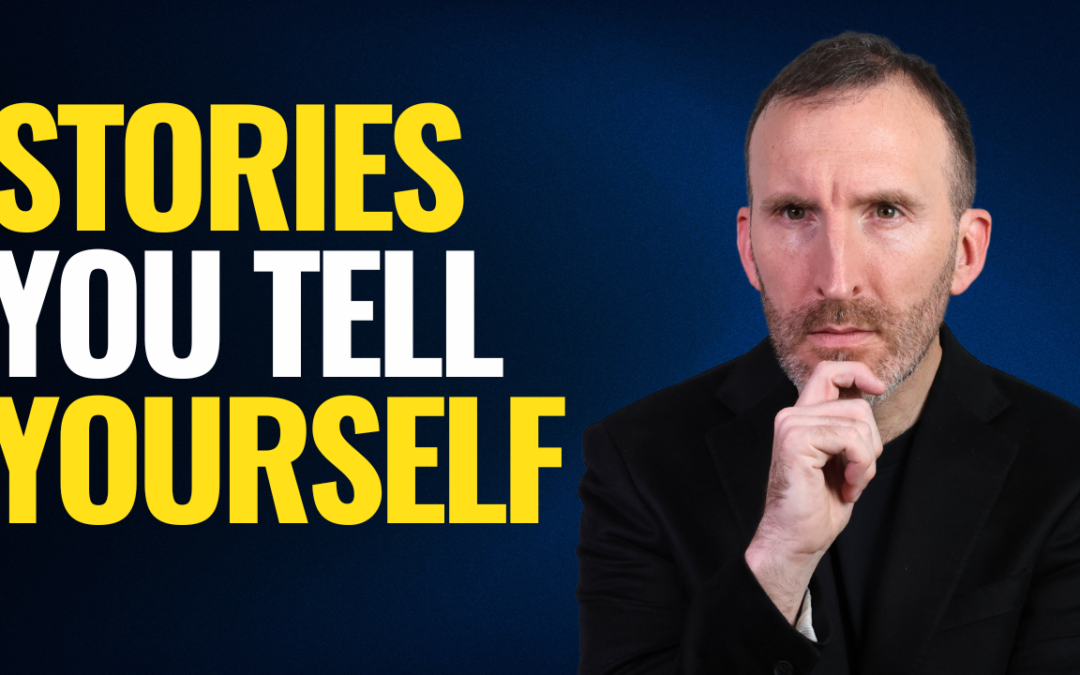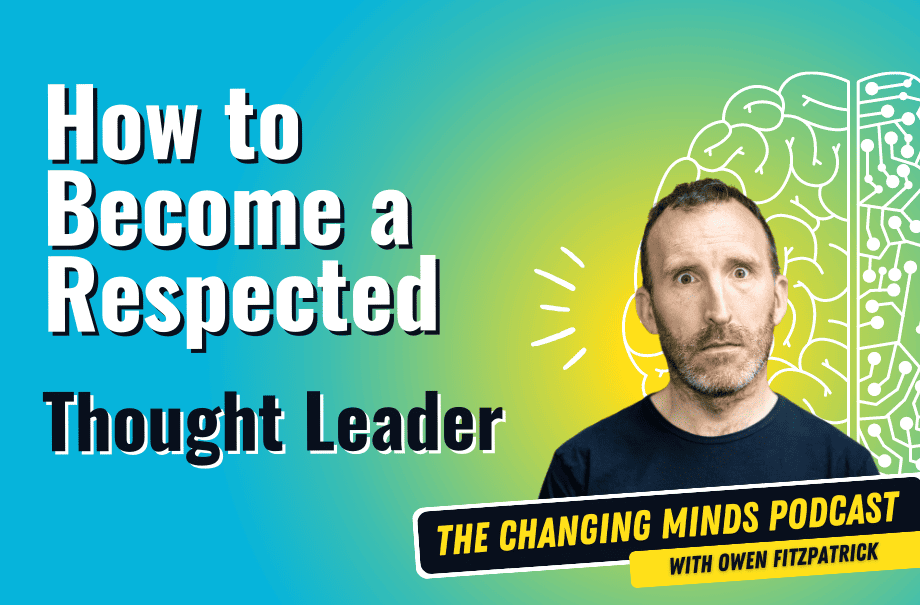This week, I explore the work of Malcolm Gladwell again and explore his books Outliers, David and Goliath and Talking to Strangers.
Malcolm Gladwell is a multi- New York Times Bestselling Author. One of the best non-fiction storytellers and authors out there, his books have been cited thousands of times. In this episode, I explore the work of Gladwell in his books Outliers, Talking to Strangers and David and Goliath.
OUTLIERS
Lesson 1: After you cross a certain skill threshold, your abilities won’t help you.
Practice and Genes matter up to a point.
Basket ball 6 7 7 feet not much advantage
Law school minorities: Social skills, network, luck
Lesson 2: Being born in the wrong month can put you at a disadvantage.
Relative age matters, especially when you’re young. M
Most professional Canadian hockey players, who end up in the NHL, are born in the first half of the year. Twice as many have birthdays in the first quarter as in the last.
Compete with their friends who are almost a year older than they are. When you’re 8 years old, you stand no chance against a 9 year old
Lesson 3: Asians are good at math, because where you come from matters.
If you think age is bad, try imagining being born somewhere entirely different.
First, Asian languages are set up so that children learn to add numbers simultaneously with learning to count. Second, hundreds of years of building a traditional culture around farming rice has instilled a great sense of discipline into Asian culture.
Unlike farming wheat or corn, farming rice is hard. It needs a lot more precision, control, coordination and patience.
Europeans often give up a lot faster on hard math questions than their Asian peers, because neither math nor discipline are a part of their cultural legacy.
So yes, where you’re born matters.
ny time
Part 1: Opportunity
I. Unacknowledged handicaps rooted in arbitrary cut-off dates.
Professional hockey players are born January – March (with those born later in the year growing less and less frequent). The reason?
Cumulative effect. Because the January-March kids do well early, from the very beginning they are put in “A” teams and given more coaching and more hours of practice, which leads to the next key point about success…
II. The 10,000 Rule
Everyone who is really good at something has practiced that something for about 10,000 hours. Bill Gates, whose success is often regarded as the result of him being a great programmer (and shrewd businessman to be fair). Gates attended the only middle school in the United States with a computer terminal which allowed him as an eighth-grader to rack up the kind of hours of programming practice which, in 1968, was usually found in PhD students.
III. The timing of Economic and Technological Change
The results of highly successful tech entrepreneurs came from being born at a time when a new technology was emerging.
IV. Intelligence Only Gets You So Far
The relationship between success and IQ works only up to 120. Once someone has reached that, having additional IQ points doesn’t seem to translate into any measurable real-world advantage.
Practical intelligence is important which includes things like “knowing what to say to whom, knowing when to say it, and knowing how to say it for maximum effect”.
General intelligence and practical intelligence the presence of one doesn’t imply the presence of the other.
V. The Type of Work You Do (and your parents did) Matters
“These three things – autonomy, complexity, and a connection between effort and reward […] are the qualities that work has to have if it is to be satisfying.”
Part 2: Legacy
I. Culture doesn’t go away with time and/or changing environments
II. Cultural Power Distance Impacts Decision-Making Even at Critical Moments
III. Linguistic and Agricultural legacy has a huge impact
The logical structure of numbers in languages like Japanese and Mandarin, rice growing and the ability to say numbers faster, are presented as some of the reasons why Asians are better at Mathematics and hard work.
IV. If you make kids work hard, they do better
DAVID AND GOLIATH
Chapter 1:
Figure out your biggest weaknesses, then take those weaknesses and find your greatest advantages.
Chapter 2:
Chapter two analyzes the inverted U-curve (upside down parabola) to describe the correlation between having too much of something and not having enough. When there are less students in a classroom, there tends to be less discussion due to the lack of diversity. When there are too many students in a classroom there seems to be too much student to student interaction, causing a less affective learning environment.
Chapter 3:
Chapter three starts out by talking about French Impressionist painters. One hundred and fifty years ago, Paris was the center of art culture in France. The problem with the students who chose a better school is that they do not realize is they will be among other students who were valedictorians and 4.0 scholars, immediately making them a little fish in this big sea.
Chapter 4:
Chapter four starts out by explaining the effects of dyslexia on a person. Dyslexia is the inability to read and comprehend text. When we think dyslexia, we immediately cast the victim as the underdog in most situations. David Boies, a world renowned lawyer, had dyslexia but he realized his weakness and made it his strength. Beginning at a young age, Boies realized he had a hard time reading, but instead of giving up, he tried harder.
Chapter 5:
Chapter five is all about how tragic events can often lead to success because the victim learns to persevere.
Chapter 6:
Walker did meet with success using unconventional methods to become the Brer Rabbit-outsmart the antagonist- and the civil rights movement continued to flourish, even in the cruelest of places.
Chapter 7:
People who are asked to obey authority have to feel like they have a voice- that if they speak up, they will be heard. Second, the law has to be predictable. There is to be a reasonable expectation that the rules tomorrow are going to be roughly the same as the rules today. And third, the authority has to be fair. It can’t treat one group differently from another.
Chapter 8:
Chapter eight is unlike the others. This chapter starts out by telling us about Mike Reynolds’s daughter Kimber. Kimber is a student at the Fashion Institute of Design and Merchandising in Los Angeles. She grew up in Fresno, California. She came home one weekend in June of 1992, and little did she know it would be her last weekend alive. Kimber was jumped by two men after going on a date at a local cafe. She willingly gave up her purse but was shot by one of the men. Later that night Kimber died while holding her dad’s hand. He promised his daughter one thing while she laid upon her death bed, he said “I’m going to do everything in my power to try and prevent this from happening to anybody else.” He did just that. That week, he held meetings in his backyard full of people he believed would make a difference. These men and women decided upon one thing: the penalties associated with breaking the law were to low. So they came up with the three strike law, which meant that if someone is convicted of a second serious or criminal offense, he would have to serve twice the sentence currently on the books. Then if a third offense was made by the same person, the person being charged had to spend a minimum of 25 years to life in jail. Crime dropped by 36.6 percent after this law was put into the books. So the question remains: did he do everything that he could? Yes, Mike did, but it also caused some major repercussions. Think of it like this, if a guy goes through a stage in his life and racks up two offenses, then he turns his life around completely, but slips up one day and steals a piece of pizza from someone. The deadly pizza stealer is sent to jail for 25 years, see the flaw in this law? In the book they describe it also as an inverted U-Curve because they believe the benefits of sending these men to prison is far outweighed by the negatives. Also many lawmakers believe that the men which we are trying to affect and send to prison, also tend to care less about the repercussions of what they have done but focus more on the benefits of the crime they break. There minds are much different from ours. The man who killed Mike Reynolds’s daughter later told police that he shot Kimber just because she looked at him wrong. Wilma Dirksen had lost her daughter in a very similar situation. Her daughter was abducted, tortured, and found a month later in a barn outside of town. Do you think she acted the same way as Mike did? No she did not, because she was warned of the consequences she might face if she allowed her daughters death to mentally eat her alive. Some would say the way she reacted was weird, not wanting to revolt but she was born into a community where they believed in forgiving then forgetting. in the end a man employs the full power of the state in his grief and ends up plunging his government into a fruitless and costly experiment. A woman who walks away from the promise of power finds strength to forgive– and saves her friendship, her marriage, and her sanity.
Chapter 9:
This chapter recounts the story of Petain and Trochme in June of 1940 when France fell to Germany.
TALKING TO STRANGERS
Talking to Strangers
Here, Gladwell offers a number of examples of people getting other people wrong. CIA officers who cannot make sense of their spies, judges who cannot make sense of their defendants, and prime ministers who cannot make sense of their adversaries. We have people struggling with first impressions of a stranger. We struggle with assessing a stranger’s honesty, a stranger’s character and a stranger’s intent.
It’s a mess. https://changingmindspodcast.com/malcomgladwell2
Puzzle #1: When we’re talking to strangers, why can’t we tell when the stranger in front of us is lying to our face?
Puzzle #2: How is it that meeting a stranger can sometimes make us worse at making sense of that person than NOT meeting them?
Truth Default Theory
Tim Levine set up a study where he invited students in a lab to be given a trivia test (eg: what is the tallest mountain in Asia?) for a cash prize. He would then give them the chance of cheating. The subjects of the experiment had to guess whether or not people were lying when they said they didn’t cheat. He found most people are correct when they say the person was telling the truth. But at the same time most people are wrong when saying the person was telling the truth. In other words, we tend to be far more likely to think that someone was telling the truth than lying. This is known as truth default theory.
Transparency
Another issue with talking to strangers is transparency (or a lack thereof). Transparency is the idea that people’s behavior and demeanor – what they represent themselves on the OUTSIDE – provides an authentic window into the way they feel on the INSIDE. The research suggests that we actually have many different ways of interpreting gestures, expressions and body language than we think. So, even the things that we think are universal appear to be entirely culture-based and not universal at all.
If you met a stranger from a different culture and tried to assess their feelings based on their outward facial expressions, you may get the totally wrong understanding of what is going on. When people are matched – when their internal feelings match their external expressions – they are transparent and very easy to understand. But in many cases, when people are mismatched, our assumptions completely fly out the window.
Coupling
Since opening the Golden Gate Bridge in 1937, more than 1,500 people have committed suicide by jumping off (more than any other single place world in this period). A psychologist names Richard Seiden did some detective work – he followed up on 515 people between 1937 and 1971 who ATTEMPTED to jump but had somehow been unexpectedly restrained or stopped at the last moment. Of these, only 25 (less than 5%) persisted in killing themselves by some other method. The research suggested that most people assumed they would persist and succeed in killing themselves even if they failed that time.
Podcast: Play in new window | Download







